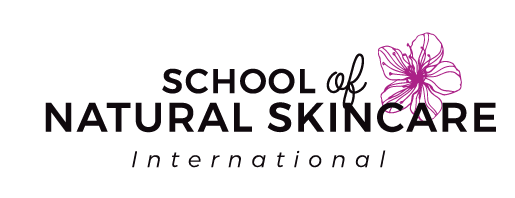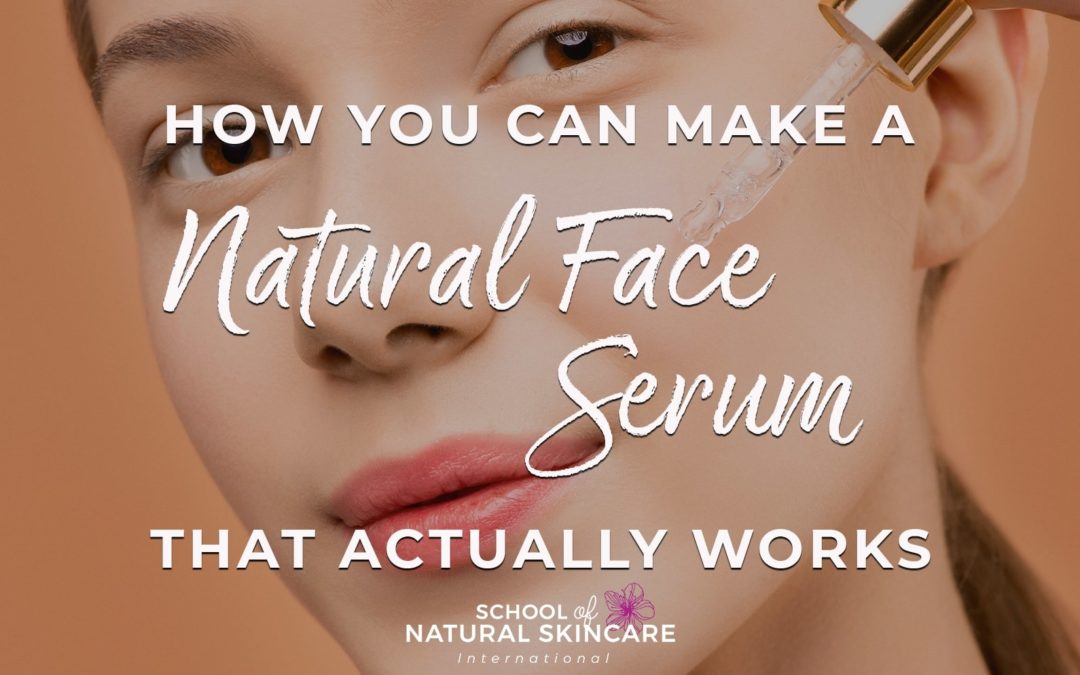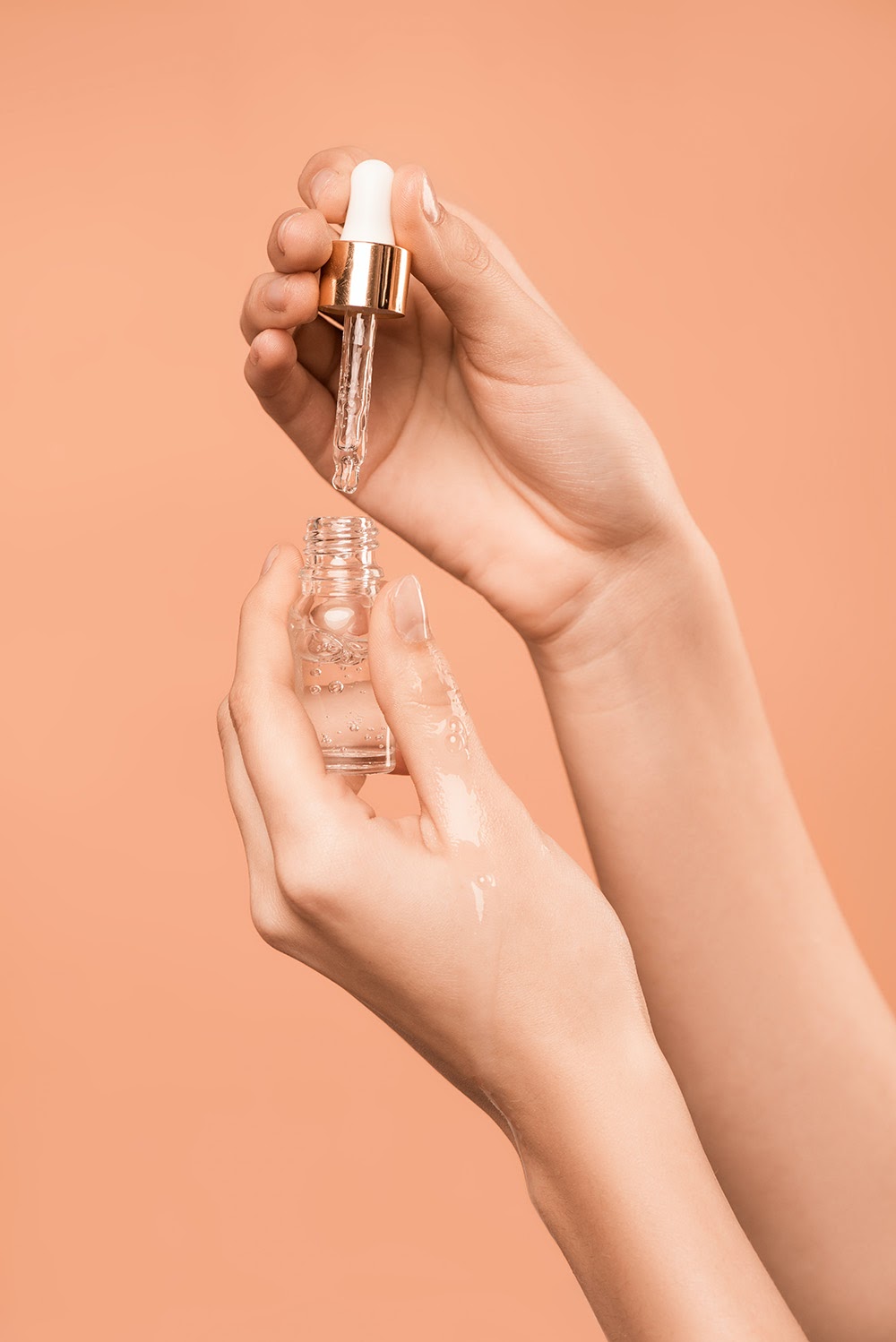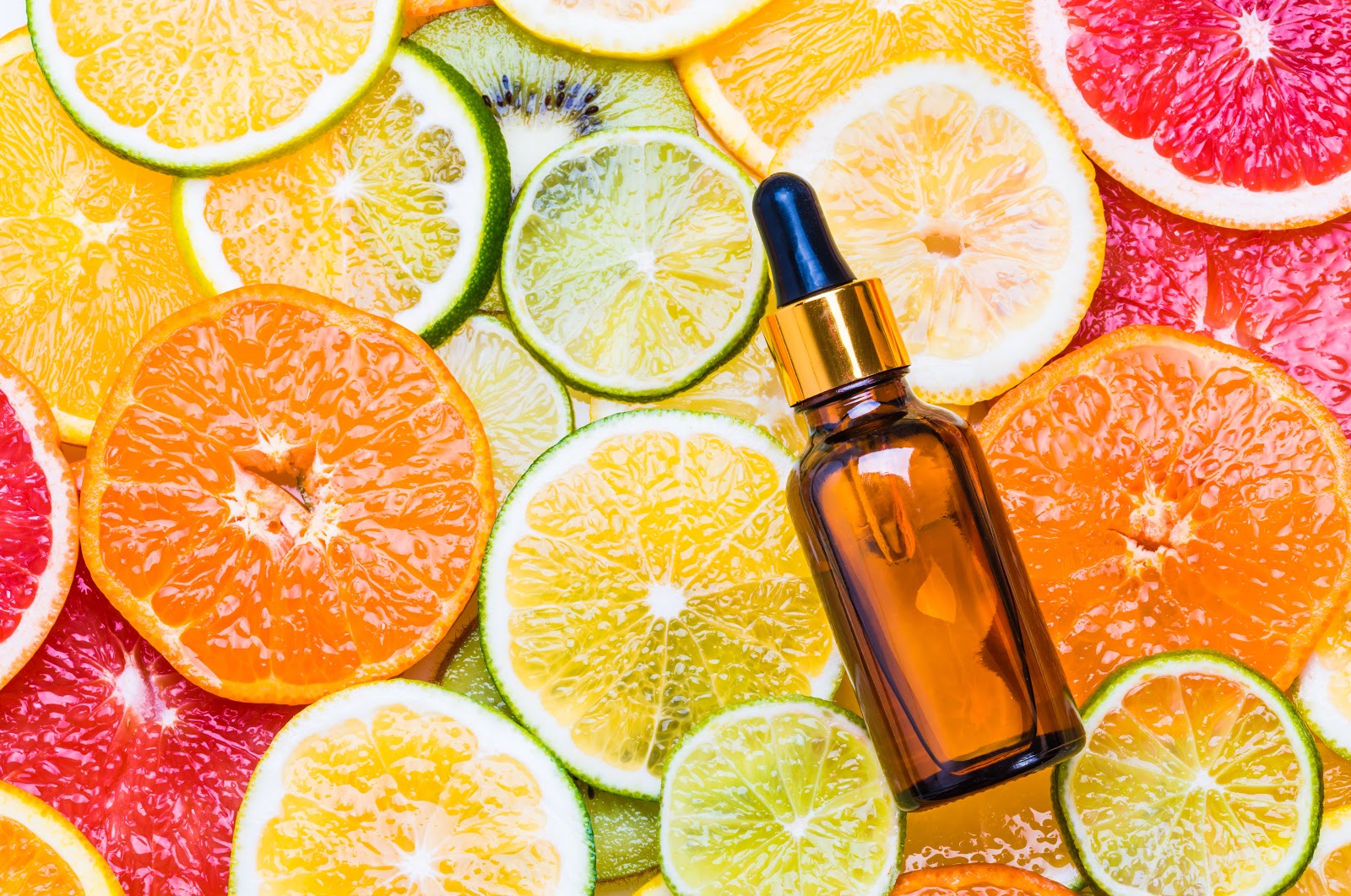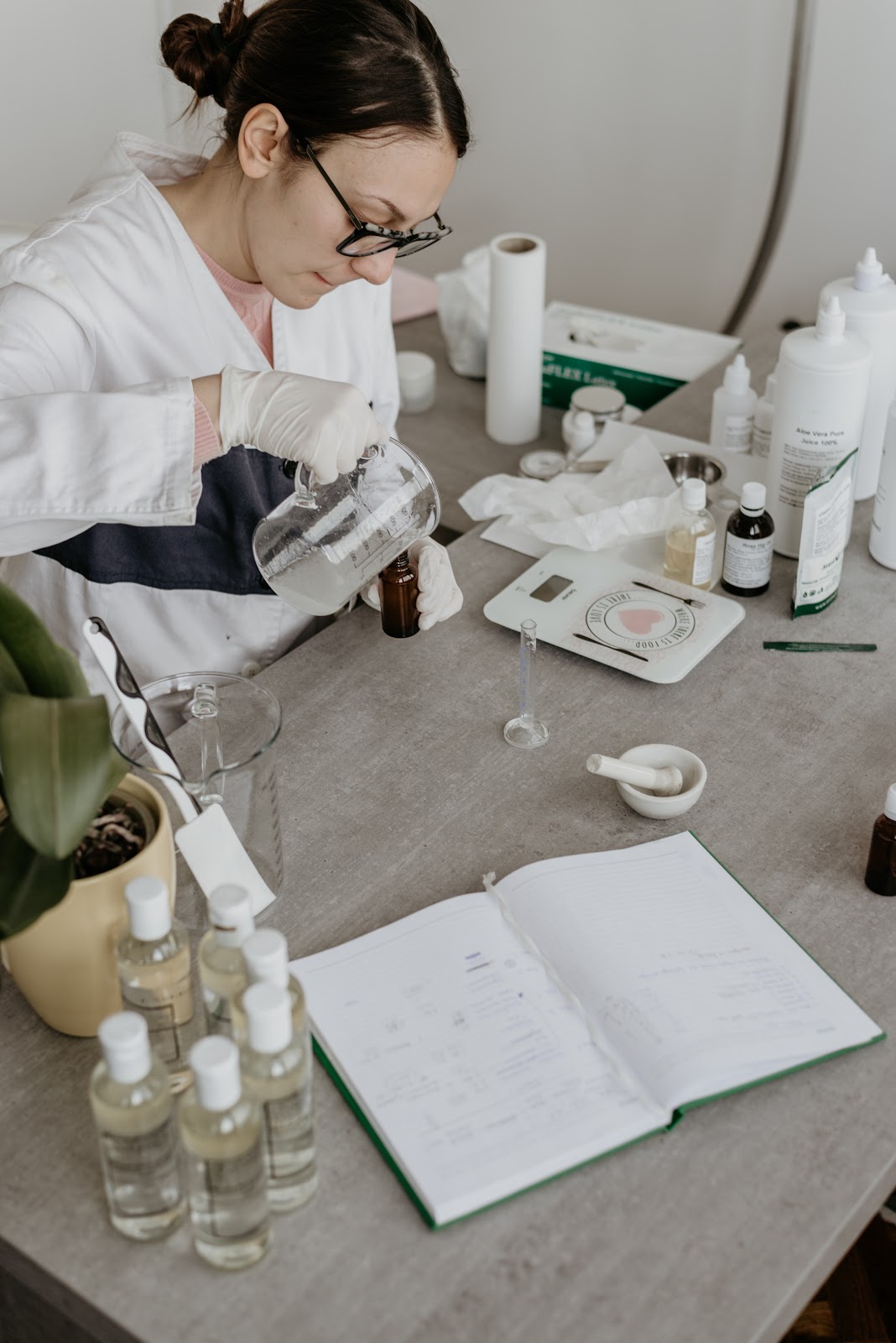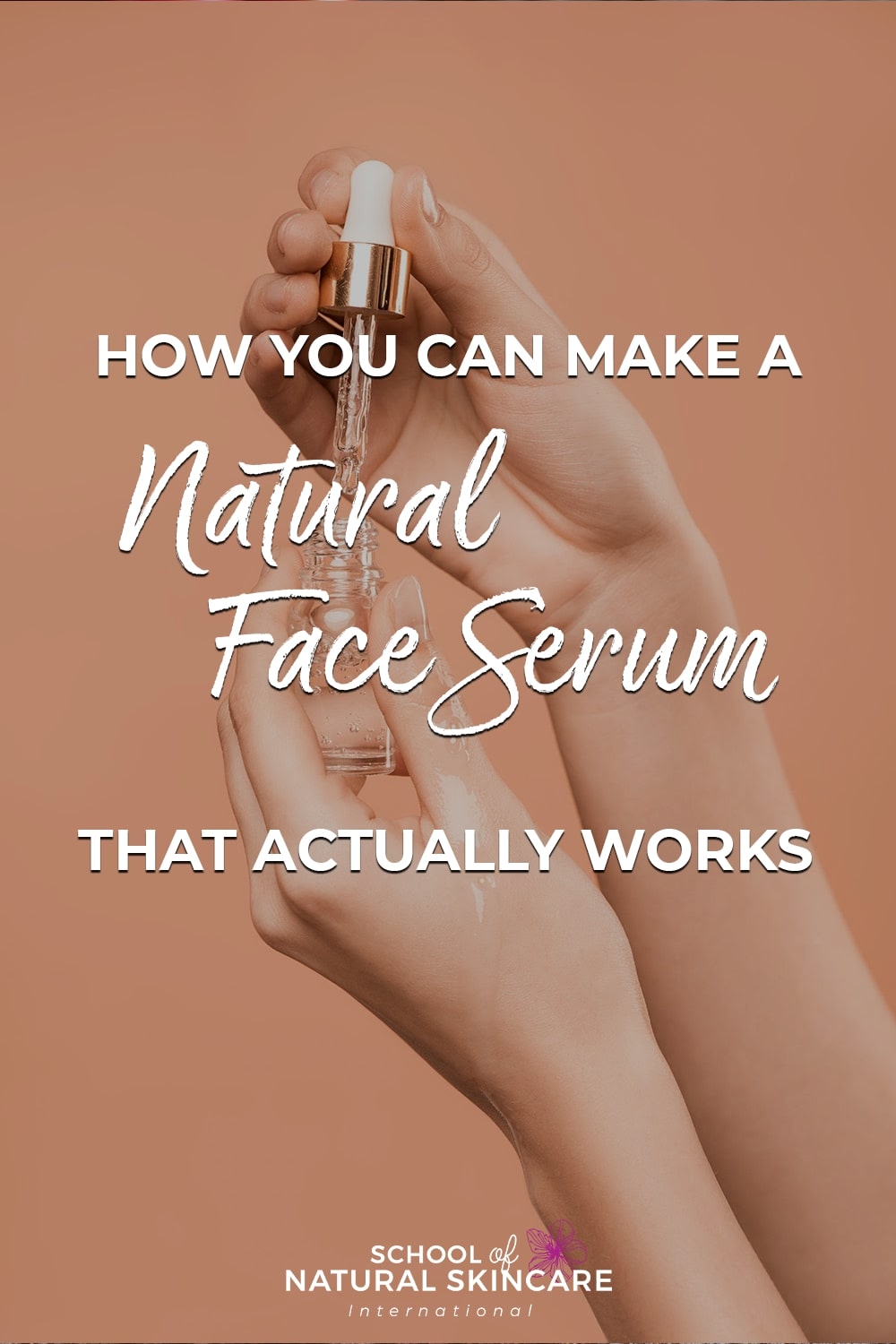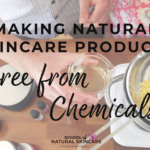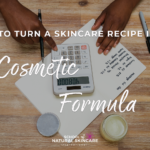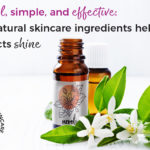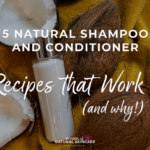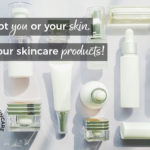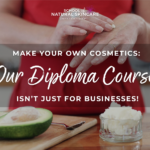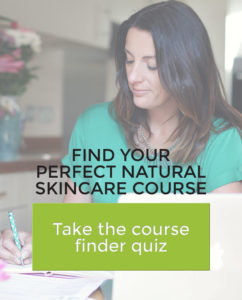If you love cosmetics and skincare, you’ll know that facial serums are all the rage right now. Packed with high-end and exotic sounding ingredients, serums are usually the most expensive item in many people’s skin care routine.
But what if we told you that you could make your own serums for just a fraction of the price? And what’s more, instead of spending lots and lots of money on a premium product … you could be earning it instead!
So what exactly is a serum anyway?
At their best, serums are the stars in the world of cosmetics. These are high value, high performance products with the most sought after, specialist ingredients that are designed to make a real, noticeable difference to your skin.
A huge part of the popularity of serums is that they are formulated and marketed to deal with the problems that can be associated with aging skin.
What sets serums apart is that they are made with high performance ingredients that are really focused when it comes to what they can do. So you can get serums that are for specific areas of your body, like the neck or eye areas, or serums that treat precise skin conditions or skin types. You can read more about why serums are good for your skin here.
Products like this are at the top end of the market, and as you’d expect, they come with a premium price tag.
But not all serums look the same, so what makes a serum a serum?
Some serums are of course oil based, but there’s so much more than those! You can get serums that are emulsions, or gels, or gel-creams, or bi-phase. They can be liquid or solid or something in between.
You get the idea 🙂 !
In fact there are 6 different types of serum formulation to try and you can find out more about each in the article we wrote on that topic here
With so many different products out there labelled as serums, and with so many different types of serums now available, how do you know when a serum is right for you and your skin? And how do you know if it’s worth the money?
What’s the difference between a serum … and a face oil?
There are cosmetics you can buy that are marketed as serums when in fact they are simple facial oils … and there is a huge difference.
Facial oils can have many benefits and can leave your skin feeling and looking great, but they are much simpler to formulate, so might not always merit that premium price tag you’d expect to pay for a serum.
It’s true that some oil-based products do have added ingredients like vitamins, antioxidants and botanical extracts like carotenoids and ceramide, and these high-performance elements can lift a simple face oil to a higher level of effectiveness.
But the real difference is that facial oils are anhydrous and that means all of the ingredients in it are oil based.
Now oil-based products are really great at keeping skin soft and smooth, and providing a protective layer – but to hydrate your skin you need a product that is water based as well.
And formulating products that have both water and oil-based elements is more complicated than using just oils alone. You may need emulsifiers and preservatives to make sure you have a safe and stable product.
There is a world of difference between face oils, oil based face serums and high-performance serums. To find out more about the differences, check out our article, Face Oils, Face Serums, and High-Performance Serums: What’s the Difference?
Choosing a serum that’s right for you
If you’ve got normal skin it might be easy to find something that works. A little trial and error can lead you to a product that gives you the results you want.
But if you have a few niggles, more complicated skin, or more serious conditions, then it can be harder to find something that really works for you.
And it can take time before you see any results.
So at the end of the day, it comes down to trust – and that’s true whenever you buy any product off the shelf.
You have to take a little leap of faith.
You have to trust that a brand or company shares your values and can deliver what your skin needs. You’re relying on what it says on the label, but that will depend on your ability to read latin and understand the botanical, or worse, synthetic ingredient references.
If you’re looking for help understanding what’s in the products you’re using, have a read of our article How to read a cosmetic label
Even if you can read the label and even if you know what ingredients are in the product, it won’t tell you how much of each ingredient has been used.
So you might think you’re getting a high value ingredient in your product but in fact there might only be a drop or two in the finished product.
And even if you read or watch reviews or listen to word of mouth, you won’t really know if something works for you, until you buy it and use it. And even then, you may never know what exactly has gone into that product.
The thing is, when you’re talking about a premium product like a serum, these leaps of faith can become very expensive!
Now it goes without saying that there are some absolutely great brands out there, fantastic companies small and large that have a real passion for skincare and who make terrific products…and we take our hats off to them all…especially the ones we’ve helped to get started!
But there is one way that you can make sure the serum you use is exactly what you want it to be.
Every bit of it.
It can be made of the ingredients that work best for you, in the precise amounts that you want, no matter your skin condition, age or type. And what’s more, it could cost you just a fraction of a similar product sale in the store!
Making your own high-performance tailored serums
If you want to see how much you could save by making your own serum, we can show you step by step how a top of the range serum that sells for around $140 can be recreated with the same ingredients for just $5.
That’s right. A $140 serum for just $5. You can find the free recipe and instructions here.
You can even learn to formulate with Vitamin C using our free guide:
There’s no denying it. In the world of natural skincare and cosmetics, serums can be amongst the more complicated products to formulate.
But even these star performers can be made at home with the right approach.
Taking the next step
By taking our Advanced Certificate in High-Performance Serum Formulation you’ll be able to formulate serums like this and many others – including twelve highly effective formulas created by our scientists that target a range of specific skin needs.
This course is ideal for anyone who is already formulating, has a foundation in creating products from scratch and now wants to make their own high-performance serums at a fraction of the cost of expensive off the shelf products retailing at the top of the market.
But it is also ideal for those who want to go one step further. If you’re a budding beauty entrepreneur looking to make your own cosmetics and natural skincare products to sell, then serums are win-win.
They’re good for your business and at the same time, good for your customers.
We know that serums are a premium product, and we know that a lot of customers are willing to pay a premium for them.
From a business point of view, that means there is an opportunity to maximise your margins, and make a good profit. At the same time, you can make a product that fits your values, and provides your customers with a product made with natural, and highly effective, ingredients.
Maybe you could be the person who creates that product so many people are looking for but are unable to find!
The key to selling a successful serum
At the end of the day, it’s all about your customers. If you want to sell a product that customers love, you have to think about who is going to be buying your product, and what their needs are.
Think about your ideal customer.
What kind of skin problems are they trying to manage? What kind of environment do they live in? What values are most important to them in their lives?
Asking questions like this means you get to know exactly who you’re making the product for, and that means you can choose the right ingredients and focus the formulation, marketing and packaging of the product specifically to your target customers.
If you want to know more about making products your customers will love, you can read more in our article How to design beauty products that customers love
Remember, making your own highly effective skincare products at home – even high performance cosmetics like anti aging serums – is possible.
You can create a product that is tailored precisely to your needs and values, and you can save money doing it. And it may be the spark that helps you set out on a new adventure, starting your own natural skincare business!
Download our free Vitamin C Antioxidant Serum formula!
Want the benefits of Vitamin C but confused about how to formulate with it? Perhaps you’ve heard about its potent anti-aging benefits but also that it is highly unstable and oxidizes very quickly. Don’t worry, we’ve created a free guide to help.
In our Quick guide to formulating with Vitamin C you’ll learn:
- What is Vitamin C?
- What are the benefits of Vitamin C?
- What type of cosmetic is it suitable for?
- Stable forms of Vitamin C and how to use them
- Plus we’ll share with you a Vitamin C antioxidant serum formula you can make yourself!
Vitamin C offers amazing benefits for the skin:
- It boosts collagen production, and thus helps to keep the skin healthy and plump.
- It’s an antioxidant and, especially in synergy with Vitamin E, it protects skin cells from oxidative stress and damage due to UV light exposure.
- Vitamin C therefore functions as a potent anti-aging ingredient.
Loved learning about making a natural face serum? Pin this to make sure you remember!
